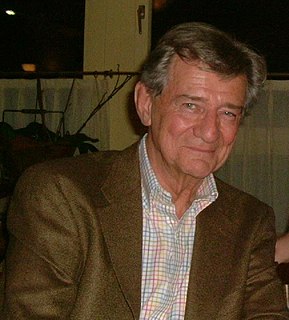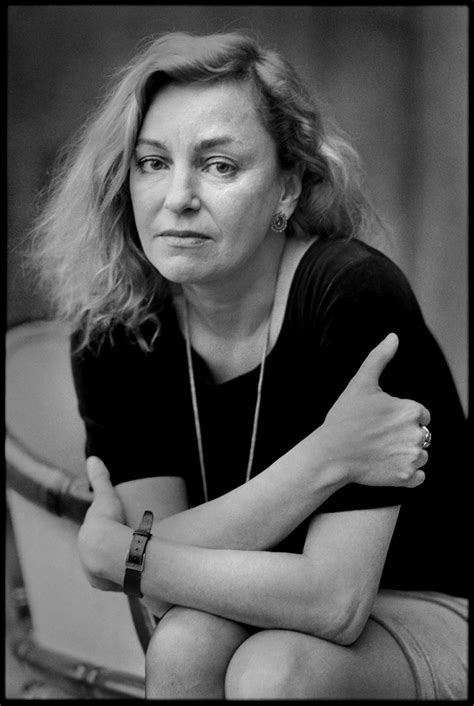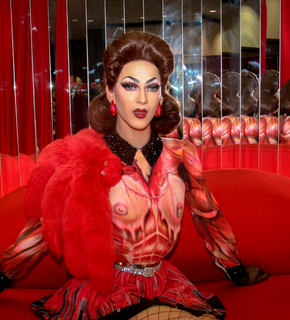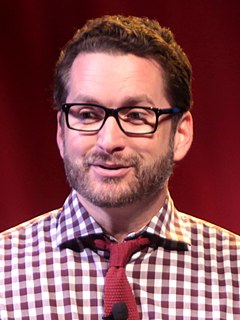A Quote by Karen Traviss
I'm a visual person - when I write, my input is always visual. I worked in television for several years.
Related Quotes
Usually in theater, the visual repeats the verbal. The visual dwindles into decoration. But I think with my eyes. For me, the visual is not an afterthought, not an illustration of the text. If it says the same thing as the words, why look? The visual must be so compelling that a deaf man would sit though the performance fascinated.
As far as stimulus from the visual arts specifically, there is today in most of us a visual appetite that is hungry, that is acutely undernourished. One might go so far as to say that Protestants in particular suffer from a form of visual anorexia. It is not that there is a lack of visual stimuli, but rather a lack of wholesomeness of form and content amidst the all-pervasive sensory overload.
My favourite stuff is visual, and I always want to work with visual artwork. I think it depends on the person, but for me, photographs of an image of something interesting or inspiring is worth a lot more than words to me. I think every concept I've come up with and turned into films or that will be hopefully become a film comes from images first.


































